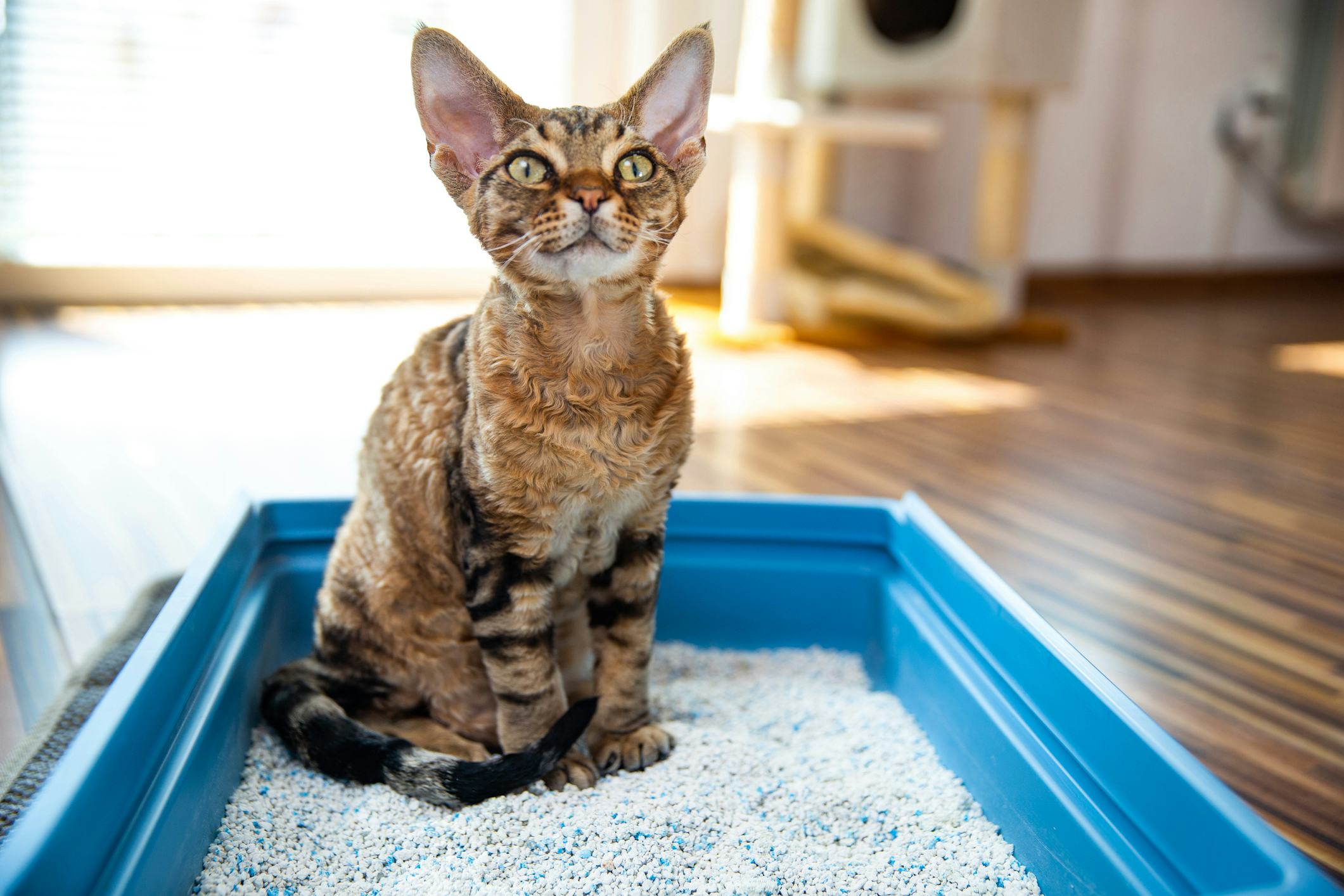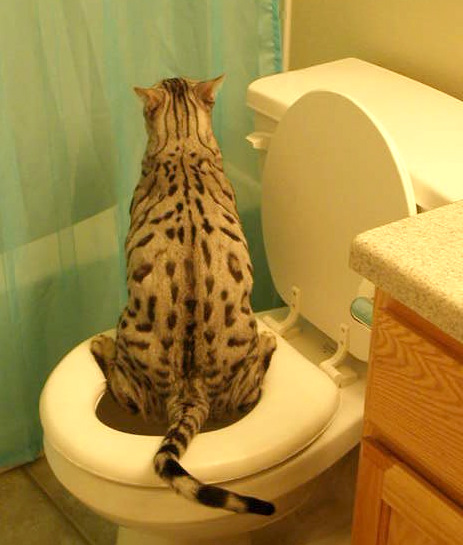Reasons You Should Avoid Flush Cat Poop Down Your Toilet - Important Facts
Reasons You Should Avoid Flush Cat Poop Down Your Toilet - Important Facts
Blog Article
This post down below relating to Can You Flush Cat Poo or Litter Down the Toilet? is exceedingly intriguing. Check it out for your own benefit and decide what you think of it.

Introduction
As feline proprietors, it's essential to be mindful of exactly how we dispose of our feline pals' waste. While it may seem practical to purge feline poop down the bathroom, this method can have damaging repercussions for both the atmosphere and human health and wellness.
Alternatives to Flushing
Luckily, there are more secure and much more responsible methods to deal with pet cat poop. Take into consideration the following alternatives:
1. Scoop and Dispose in Trash
One of the most usual method of dealing with pet cat poop is to scoop it into a biodegradable bag and toss it in the trash. Make sure to make use of a specialized clutter scoop and get rid of the waste promptly.
2. Use Biodegradable Litter
Opt for eco-friendly feline clutter made from materials such as corn or wheat. These litters are eco-friendly and can be safely gotten rid of in the garbage.
3. Hide in the Yard
If you have a lawn, consider hiding cat waste in an assigned area away from veggie yards and water sources. Make certain to dig deep adequate to stop contamination of groundwater.
4. Set Up a Pet Waste Disposal System
Purchase a pet dog waste disposal system particularly designed for feline waste. These systems make use of enzymes to break down the waste, lowering odor and ecological influence.
Wellness Risks
In addition to ecological worries, purging pet cat waste can likewise posture health risks to people. Pet cat feces may include Toxoplasma gondii, a parasite that can trigger toxoplasmosis-- a potentially serious ailment, particularly for pregnant females and people with damaged immune systems.
Environmental Impact
Flushing feline poop introduces hazardous pathogens and parasites into the water, posing a significant risk to aquatic environments. These impurities can adversely affect aquatic life and compromise water quality.
Conclusion
Responsible pet dog possession prolongs beyond giving food and sanctuary-- it likewise involves correct waste administration. By refraining from purging feline poop down the commode and selecting alternative disposal approaches, we can minimize our ecological impact and safeguard human wellness.
Why You Should Never Flush Cat Poop Down the Toilet
A rose by any other name might smell as sweet, but not all poop is created equal. Toilets, and our sewage systems, are designed for human excrement, not animal waste. It might seem like it couldn’t hurt to toss cat feces into the loo, but it’s not a good idea to flush cat poop in the toilet.
First and foremost, assuming your cat uses a litter box, any waste is going to have litter on it. And even the smallest amount of litter can wreak havoc on plumbing.
Over time, small amounts build up, filling up your septic system. Most litter sold today is clumping; it is made from a type of clay that hardens when it gets wet. Ever tried to scrape old clumps from the bottom of a litter box? You know just how cement-hard it can get!
Now imagine just a small clump of that stuck in your pipes. A simple de-clogger like Drano isn’t going to cut it. And that means it’s going to cost you big time to fix it.
Parasitic Contamination
Believe it or not, your healthy kitty may be harboring a nasty parasite. Only cats excrete Toxoplasma in their feces. Yet it rarely causes serious health issues in the cats that are infected. Most people will be fine too if infected. Only pregnant women and people with compromised immune systems are at risk. (If you’ve ever heard how women who are expecting are excused from litter cleaning duty, Toxoplasma is why.)
But other animals may have a problem if infected with the parasite. And human water treatment systems aren’t designed to handle it. As a result, the systems don’t remove the parasite before discharging wastewater into local waterways. Fish, shellfish, and other marine life — otters in particular — are susceptible to toxoplasma. If exposed, most will end up with brain damage and many will die.
Depending on the species of fish, they may end up on someone’s fish hook and, ultimately on someone’s dinner plate. If that someone has a chronic illness, they’re at risk.
Skip the Toilet Training
We know there are folks out there who like to toilet train their cats. And we give them props, it takes a lot of work. But thanks to the toxoplasma, it’s not a good idea.

Do you appreciate reading up on How to Dispose of Cat Poop and Litter Without Plastic Bags? Leave a remark further down. We'd be delighted to listen to your opinions about this write up. We hope that you visit us again later on. Sharing is nice. You just don't know, you might be doing someone a favor. Kudos for your time. Visit again soon.
Request Service Report this page